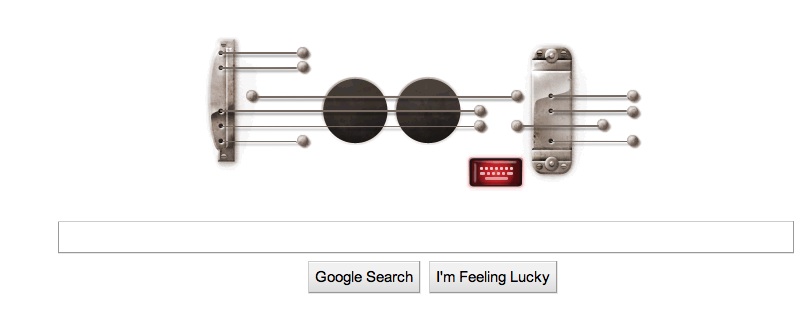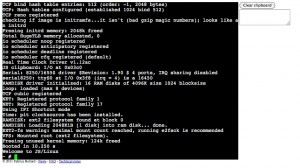This is getting ridiculous — two terrific book reviews in one weekend. First Mary Beard’s dissection of Robert Hughes’s Rome. Now Michael Lewis on The Autobiography of Mark Twain, Vol. 1 .
.
At the very least, great writers are supposed to think that writing is an important, if not a sacred, activity. When Twain set out to write the story of his life, he found the written word wanting (“too literary”), and elected instead to dictate it. The book in question has been advertised and sold as the autobiography that Mark Twain wrote and declined to publish in his lifetime because the material was simply too shockingly honest. There are enough hoaxes in this claim to make Tom Sawyer blush. Twain didn’t write it; hardly any of it is shockingly honest; just about all the material in it has seen print in one form or another, either in biographies of Twain or in Twain’s own magazine work. The book weighs in at 736 pages printed in a microscopic font, which gives it the feel of a serious and deeply felt venture. For its editors, it clearly was; but for Twain, I’m not so sure.
Twain’s dictations make up only about one-third of the book; the rest is excerpts from newspaper articles that Twain found interesting, transcripts of Twain’s after-dinner speeches, end notes, footnotes, notes on the text, explanatory notes, and so on. Even the putatively autobiographical bits are less autobiography than an elaborate exercise by an extremely crafty writer to avoid writing his autobiography. It is impossible to imagine anyone who isn’t being paid to do it reading the thing from start to finish. Even I, who still hope to be paid, hauled the book around for six months on business trips and vacations, and spent vast amounts of time staring at Twain’s random ramblings in minuscule type feeling resentful and vaguely duped—roughly the way I felt a dozen pages into the Personal Recollections of Joan of Arc-before I could summon the energy to wade deeply into it.
But taken for what it is, rather than what it pretends to be, the book is great. What we have here amounts to the contents of Mark Twain’s attic: all the stuff that didn’t fit in the living quarters and that the man tossed upstairs, where for a century it gathered dust, cobwebs, and rumors. A team of editors at the University of California, Berkeley, moved by a passion for accuracy wholly alien to their subject, went to work on this mess and have rendered it, if not comprehensible, at least inspectable. Here is the headline: if you thought Mark Twain’s character improbable for a Great Writer, wait until you see what he left in the boxes upstairs. Or, to put it another way: if all you knew of Mark Twain was this curious self-presentation, you would never believe that any grown-up person would be interested in his literary output a century after his death…
It’s a very good, perceptive review which fastens unerringly on the way Twain, like all celebrities, became trapped by his public persona.
Writing with one eye on the audience is certainly a handicap; but the worry that the audience might rise and leave the auditorium at any moment pushes the writer to be clear, and brief, and obviously worth listening to. He is forced to pay special attention to the sound of his words. A distinctive literary voice is a bit like a talent for wiggling your ears, or for holding your breath underwater for two straight minutes. It’s not fair that some people simply sound particularly themselves and others do not, and it’s really not fair just how particularly himself Twain sounded, even when he lay in bed and rambled to a stenographer. But Twain’s voice is the reason people still read him. His voice is the reason you feel as if he is talking to you. And the crowds he played to in his lust for fame and fortune helped him to create that voice.
On the other hand, it takes a lot of effort to sustain a voice without becoming trapped by it. Not long before he committed suicide, I met Hunter S. Thompson at his home, late one night. He sat in a kitchen pulling on a half gallon of tequila straight from the bottle, surrounded by giant placards inscribed with various outrageous things that he had said or written. He had become less a writer than an actor trying not to forget the character he was meant to be playing. By the end of his life Twain was obviously grappling with this problem, too.




